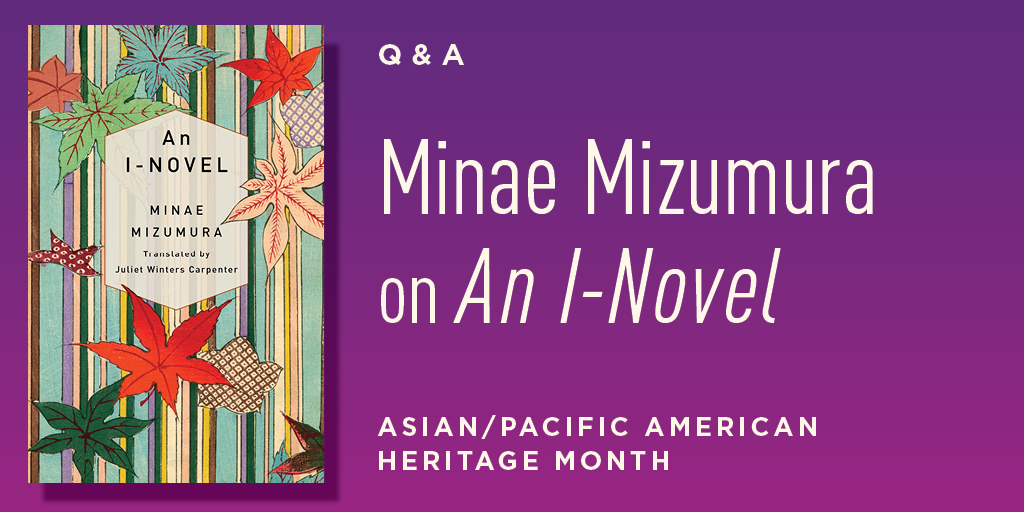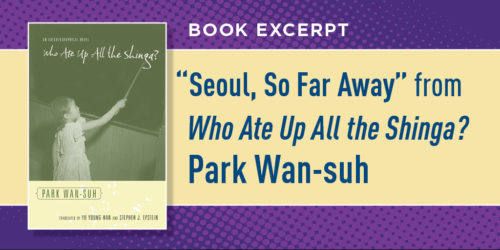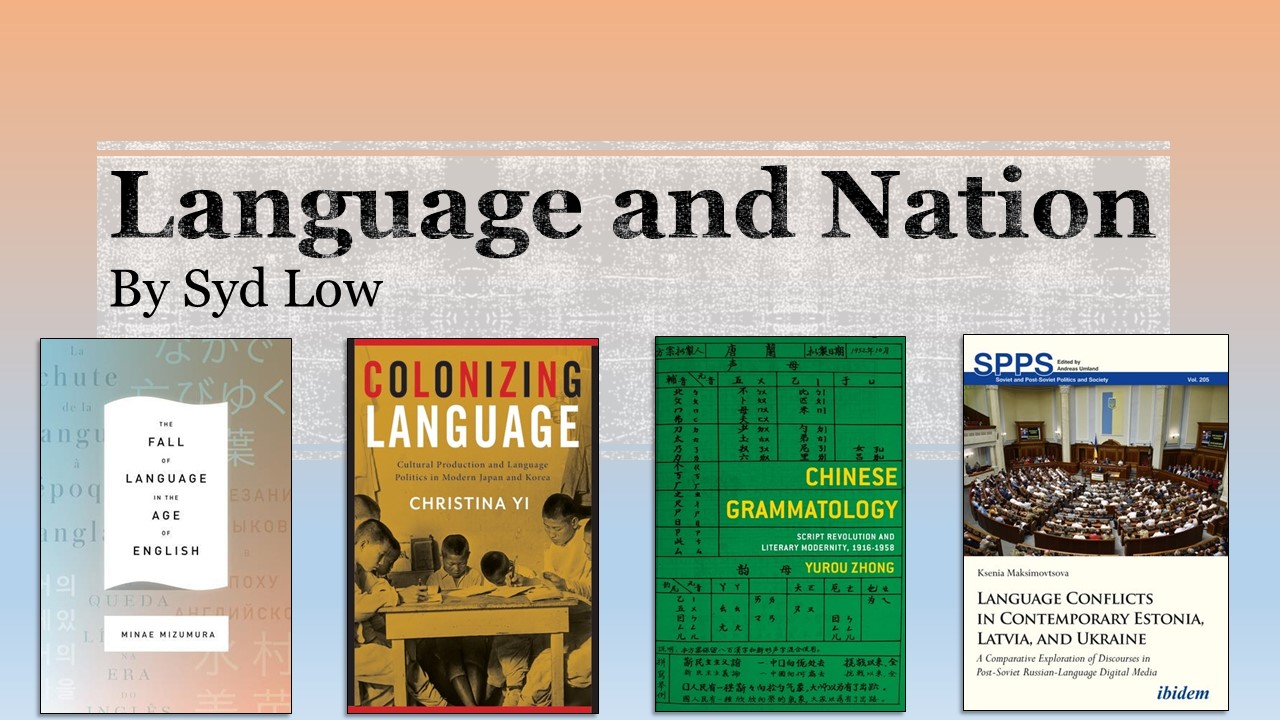Q&A: Minae Mizumura on An I-Novel

Minae Mizumura is one of Japan’s most respected novelists. Published in 1995, her An I-Novel— a semi-autobiographical work that takes place over the course of a single day in the 1980s—radically broke with Japanese literary tradition. In this Q&A, Mizumura openly shares her thoughts about living in Japan, collaborating with Juliet Winters Carpenter on the translation of this book, and her future writing.
Q: Like your protagonist Minae at the end of An I-Novel, you returned to Japan from the United States decades ago to start writing in the Japanese language. Do you ever regret not having stayed and become a writer in the English language instead?
Minae Mizumura: After all these years, I still feel like a stranger in my homeland. I cherish many aspects of Japan and its people, but countless things continue to vex me—among them the national indifference to unsightly townscapes while the country boasts of its natural beauty. Whenever I step out of my apartment in Tokyo, a sense of depression never fails to overtake me. The urban spectacle is ugliness incarnate, with telephone poles and electric wires connecting disparate buildings of mismatched shapes squeezed together. The words of Virginia Woolf come to mind: “One cannot think well, love well, sleep well, if one has not dined well.” I ask myself, can one think, let alone write, amidst all this clutter? Even so, I have never regretted coming back. Growing up in the United States as an outsider seems to have traumatized me more than I knew, and I still appreciate not being conspicuous in any way wherever I go.
As for not writing in English, I do envy those who write in that language. Their words travel far and wide without most of them being aware of their good fortune. Curiously, though, even if I were given another chance at my life, I would still want to be a writer in the Japanese language.
Q: Have you noticed any significant changes in what it means to write in Japanese during the years that followed the novel’s original publication in 1995?
MM: The changes I see are complementary. Due to the spread of the internet, the English language has become more dominant than I had ever envisioned. At the same time, I see a recent surge of translations into English from other languages. Anglophone people have apparently begun to think it might be a good idea to listen to what the rest of the world is saying. This should be good news for Japanese novelists, but there is a danger as well. Seeing a greater chance of being translated into English, we might start working with global readers in mind, making our stories more “universal” and our language more easily translatable and rootless. Sōseki, Tanizaki, and other great modern Japanese novelists of the past were blessedly free of such temptations.
Q: The title page of the book says you collaborated with your translator, Juliet Winters Carpenter. How did the collaboration affect the translation?
MM: Significantly, I think. Julie has translated three other books of mine. I would often go to Kyoto, where she used to live, and we would sit down and go through her translations, spending a couple of weeks per session. The collaborative process allowed us to diverge from the original, changing a word here and a sentence there. This time, because An I-Novel takes place solely in the United States and includes many English expressions, I thought more like a writer in the English language, which made me want to diverge a bit further from the original. In those instances, Julie was not translating but co-authoring.
Working with Julie made me appreciate the English language in ways I had never imagined possible. Her mastery of her craft humbled me. I see what fun you could have with the language if you love it and know it as much as she does.
Q: Would you share with us what happened to your family after you returned to Japan?
MM: My father died in a Japanese nursing home a year after An I-Novel was published. His mind was turning fuzzy, so I’m not sure how aware he was that I had become a novelist. He was a literary man and would have been happy if he knew. My mother and her boyfriend predictably went their separate ways as she grew older, and she became more dependent on me. As Julie writes in the the translation’s introduction, Mother ultimately achieved her dream by publishing her life story at the age of seventy-eight. She died ten years later. What became of my sister may be better left to the reader’s imagination. She is still alive; her dear cats are long gone.
Q: What kind of work do you envision writing in the future?
MM: I always thought how wonderful it would be to write about your childhood when you were old. I didn’t realize until quite recently that I am old. I want to experiment with a couple more novels, but I also want to start working on a memoir, including some background about my parents. My mother’s autobiography will come in handy when writing about my maternal side, with its shadowy lineage of geishas, but I would like to include a record of my paternal side as well. My father comes from a line of doctors. In the final days of the Edo period, his grandfather switched from Chinese medicine to Western medicine by becoming a disciple of Takano Chōei, a prominent scholar and translator. Chōei was jailed for criticizing the Edo government, but escaped and sought shelter at the Mizumura Clinic, where my father was later born. I always related strongly to the stories from my mother’s side, so full of the drama of being a woman in the Meiji and Taishō eras, but now as I look back on my life, I sense how much I was also shaped by my paternal heritage. It seems as if I was destined to go to America as a child and later become instrumental, in my own way, in further opening up Japan to a broader world—a never-ending process, given Japan’s geographic and linguistic isolation.








